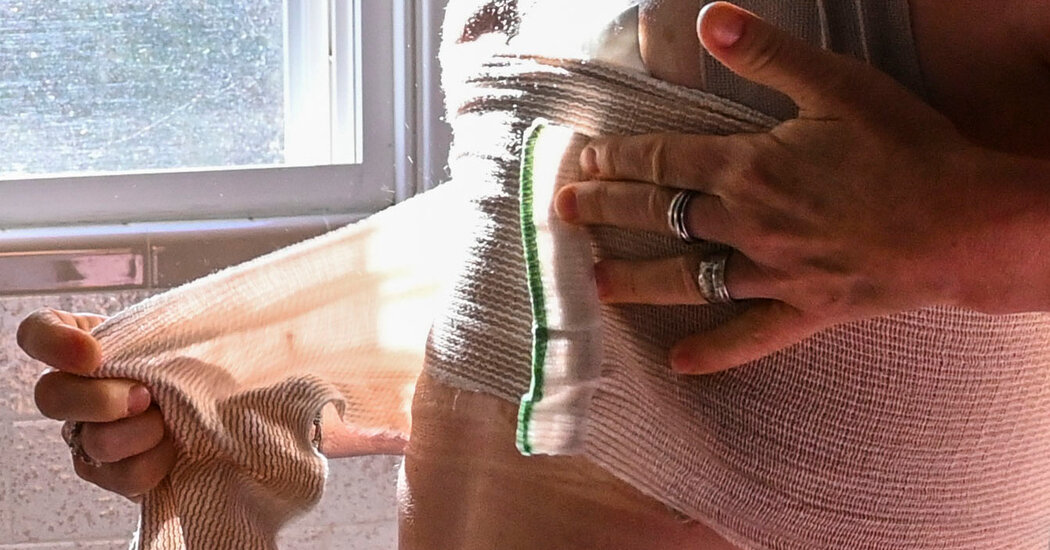
For the more than 310,000 women diagnosed with breast cancer every year, no matter how well the treatment goes, there is always a lingering fear. Could the disease come back, even years later? And what if it comes back in the other breast? Could they protect themselves today by having a double mastectomy?
A study has concluded that there is no survival advantage to having the other breast removed. Women who had a lumpectomy or a mastectomy and kept their other breast did just as well as women who had a double mastectomy, Dr. Steven Narod of Women’s College Hospital in Toronto and his colleagues reported, using U.S. data from more than 661,000 women with breast cancer on one side.
In the study, published in JAMA Oncology on Thursday, the researchers added that most women did very well — the chance of cancer in the other breast was about 7 percent over 20 years.
But the study’s results may not apply to women who have a gene variant, BRCA1 or BRCA2, which greatly increases their cancer risk. For the 1 in 500 American women with this variant, cancer researchers agree that it’s worth considering a double mastectomy.
The finding that a double mastectomy is not protective against death for many breast cancers seems counterintuitive, Dr. Narod admitted. An accompanying editorial, by Dr. Seema Ahsan Khan, a breast cancer surgeon at Northwestern University, and Masha Kocherginsky, a biostatistician also at Northwestern, called it a conundrum.
Previous smaller studies have come to the same conclusion. But, Dr. Narod said, some doctors have questioned the methods in earlier research.


